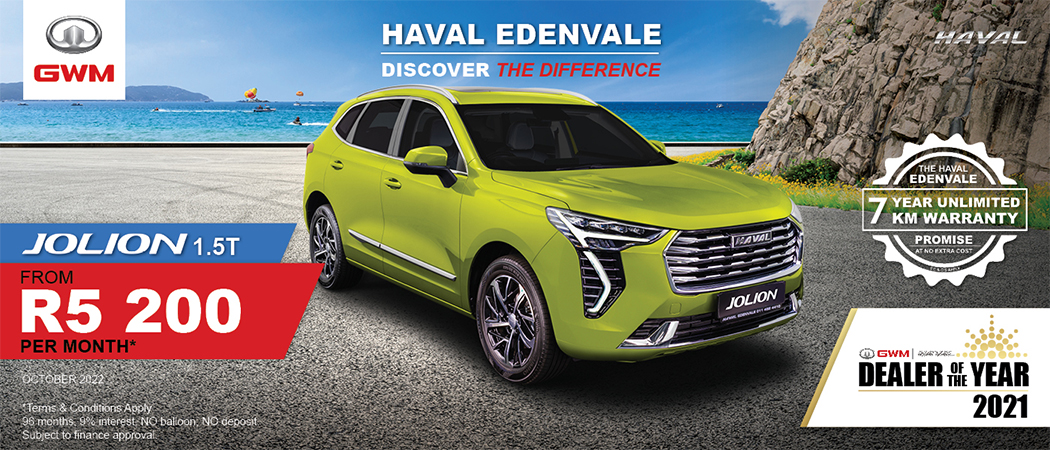Following Hyundai SA's successful introduction of the spunky i10 last year, Hyundai SA has added the i20 to bolster its light car line-up, which already consists of the Accent and Getz. Targeting the premium end of the supermini market, the well-specced i20 offers impressive value for money.
Although the i20 isn't as cute as its smaller sibling, it carries over the steeply-raked windscreen, acutely- angled bonnet, trapezoidal headlights, wheel-at-each-corner design, and wide stance. In comparison with the conservative Getz and workmanlike Accent, the i20 has boutique appeal courtesy of a rearward-sloping roofline, fleshy wheel arches and curvaceous rear light clusters.
And, with an overall length of 3 940 mm and a wheelbase of 2 525 mm, the i20 one of the largest cars in its segment. Even with a full-size spare wheel, the minimum luggage space is 295 dm3, and when the 60:40 split rear seats are tilted forward, maximum load length increases to 1,35 metres.
Riding on McPherson struts at the front and a torsion beam at the rear, the i20 is powered by either a 74 kW, 136 N.m 1,4-litre or 91 kW, 156 N.m 1,6-litre 16-valve four-cylinder petrol engine. Both powerplants feature continuously variable valve timing (CVVT) technology, a cam chain (that, in contrast with a cam belt, does not require to be replaced at pre-set intervals) and are mated with new-generation five-speed manual transmissions.
Hyundai claim that the former model will accelerate from zero to 100 km/h in 11,6 seconds and reach a top speed of 180 km/h, while the latter will sprint to the benchmark in 9,5 seconds and top out at 190 km/h. As far as the i20 models' fuel economy is concerned, the manufacturer claims an average fuel consumption figure of 6 litres/100 km for the 1,6 and 5,6 litres/100 km for the 1,4.
The i20 recently gained a Five Star rating in Euro NCAP crash tests, and comes equipped with seatbelt warning buzzers and lights, a passenger airbag which can be rendered inoperative via the ignition key, three-point seatbelts for the three rear seat occupants and headrests designed to provide additional support to the upper body and neck in a rear end collision, ABS and EBD.
The interior specification is likely to be the i20 range's biggest selling point, however. Electrically-adjustable and folding exterior mirrors, power windows all round with one touch up/down for the driver, fuel flap release lever, remote- controlled central locking and boot release, tilt and height-adjustable steering wheel with satellite controls, trip computer (including average and instant fuel consumption, fuel range), air-conditioning, MP3- compatible tuner/CD with auxiliary and USB inputs, an in-dash lidded oddment compartment and titled glass are all standard on the i20.
Prices five-year /150 000 km warranty and a three-year/60 000 km service plan.
Hyundai i20 1,4 R149 900
Hyundai i20 R159 900
Original article from Car














